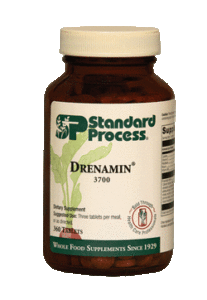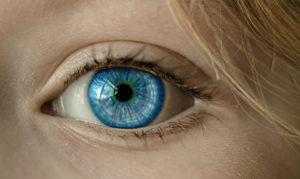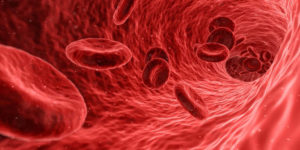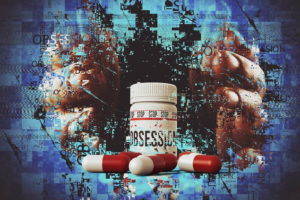
more on the addictive nature of sugar with dr. robert lustig
SUGAR ADDICTIVE? YOU DON’T SAY “Can you name another substance of abuse for which the effect of the substance is more dangerous than the calories
Mountain View, MO 65548
Call for an appointment
Closed 12:00 - 1:00

SUGAR ADDICTIVE? YOU DON’T SAY “Can you name another substance of abuse for which the effect of the substance is more dangerous than the calories

HOW MANY CARBS SHOULD WE BE EATING?THE HUFFINGTON POST KNOWS Pexels from Pixabay “What’s most important is the type of carbohydrate you chose to eat because some sources

ARE BREAD, SWEETS, AND OTHER CARBS AS ADDICTIVE AS HARD DRUGS? Sedat Izbulan – istanbul/türkiye – Pixabay I’m sitting in a comfortable chair, in a

DRENAMIN(Adrenal Gland Support) Why does every single patient need to support their adrenal glands? In one word…. Stress! We live in a pedal

PROBIOTICS -vs- ANTIBIOTCSGOOD BACTERIA -vs- BAD BACTERIAThe Battle for Your Immune System Why is the gut so important? Because it is where your Nervous System,

WHAT IT TAKES TO SOLVE YOUR OWN HEALTH ISSUES When it comes down to it, your health is largely up to you. Whether you like

GUT BUGS ARE CRITICAL FOR OVERALL HEALTH & AUTOIMMUNITY PREVENTION(BUT DON’T FORGET THE VITAMIN D!) “The immune system is essential for maintaining a delicate balance

FLU VACCINE FAILURE?TAKE A GOOD LONG LOOK AT THE PERSON IN THE MIRROR The medical daily, STAT, recently published an article titled Flu Science

CAN WE REALLY SAVE THE PLANET BY ELIMINATING MEAT FROM OUR DIETS?

“The fabrication of energy and free radicals sets the internal clocks that command our everyday rhythms-waking, eating, sleeping. Mitochondria run the show.” From the January

CHRONIC PAIN?WHICH DIET MIGHT BE BEST FOR YOU? Why do I urge people struggling with CHRONIC PAIN to change their diets? When it comes to

NEW STUDY SHOWS THAT ENERGY DRINKS ASSOCIATED WITH MENTAL PROBLEMS, AGGRESSION, AND FATIGUE Certain industries have a history of using wartime “generosity” to get

A couple days ago the Journal of Anatomy published a research paper titled Fascia Thickness, Aging and Flexibility: Is there an Association? The gist of

“There is strong support here for the guideline published by the Chief Medical Officer of the UK who found that there is ‘no safe level

Although nothing ever quite lives up to the hype, Human Growth Hormone (hGH) comes close. When we think of hGH, however, we sometimes recall the

Dr. Don Goldenberg is not only currently a Rheumatologist and Professor Emeritus at Oregon’s University of Portland, over the past three decades he’s treated over

FASCIA AND CHRONIC LOW BACK PAIN: SHOULD WE DISCARD THE TERM ‘MECHANICAL BACK PAIN’? Before we jump into the meat of today’s post, allow me to

FASCIA, TENSEGRITY AND FLUID DYNAMICS: A NEW MODEL FOR LOOKING AT THE WAY FASCIA FUNCTIONS “Blood and lymphatic vessels are solid fascial structures; what they

OUR NATIONAL OBSESSION WITH OPIOIDS “The United States has the highest rate of opioid use in the world, consuming 88% more prescription opioids per capita

DIETARY RECOMMENDATIONS FROM DOCTORS I’ve been saying it since I’ve been in practice — the average physician knows scary little about nutrition; a fact readily
Enter your name, email address and message in the box below to send us an email. If you’re in the Mountain View area, you can stop in to the office. We’re located in Mountain View at: 1219 South State, Route 17. Or, give us a call at: (417) 934 6337